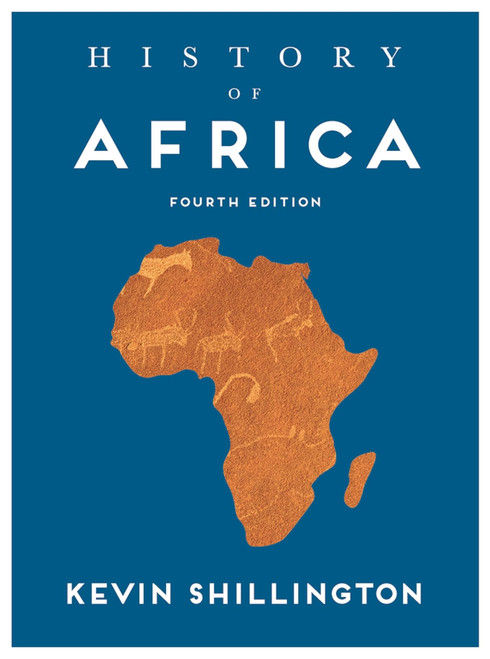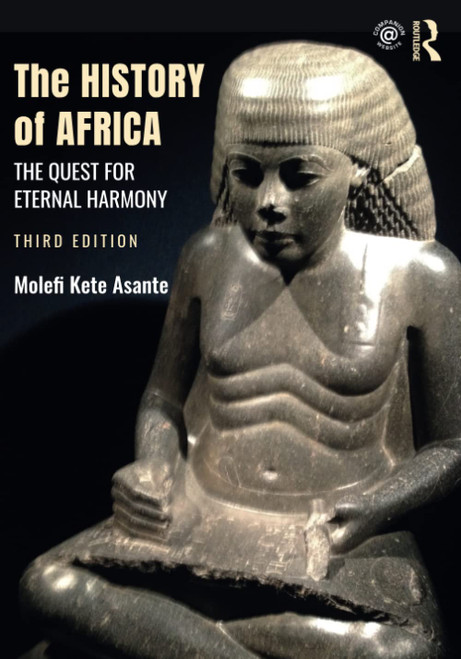The distinguished Kenyan lawyer S.M. Otieno died intestate in 1986; the ensuing struggle between his Kikuyu widow and his Luo clan became a matter of national concern. Debates raged over what legal, cultural, social, and historical grounds should govern the disposition of SM's remains, what legal rights should be enjoyed by widows, and over the interests of the state.
While closely scrutinizing the legal case record, the authors examine how history was constructed by the various litigants, counsel, jurists, and witnesses, including an elderly gravedigger and mason, a cook, and a professor of philosophy.
The authors invited a half-dozen scholars from different disciplines to discuss what the case was really about and how the story should be told. These brief commentaries are included.












